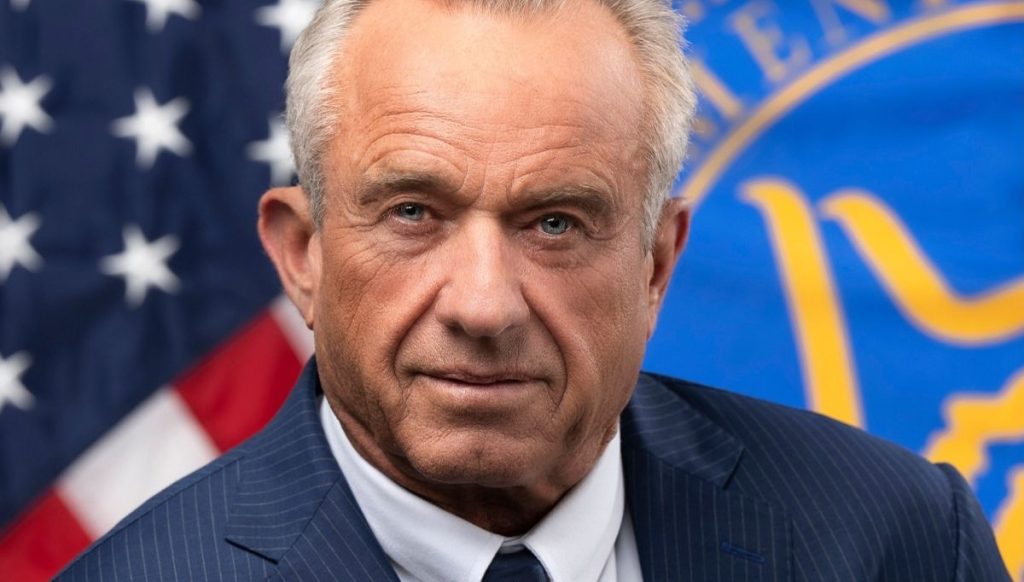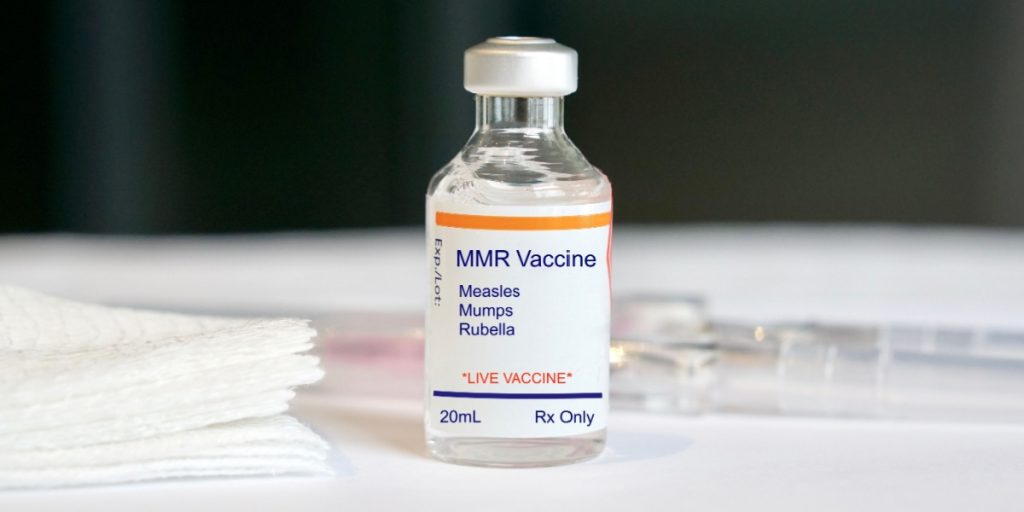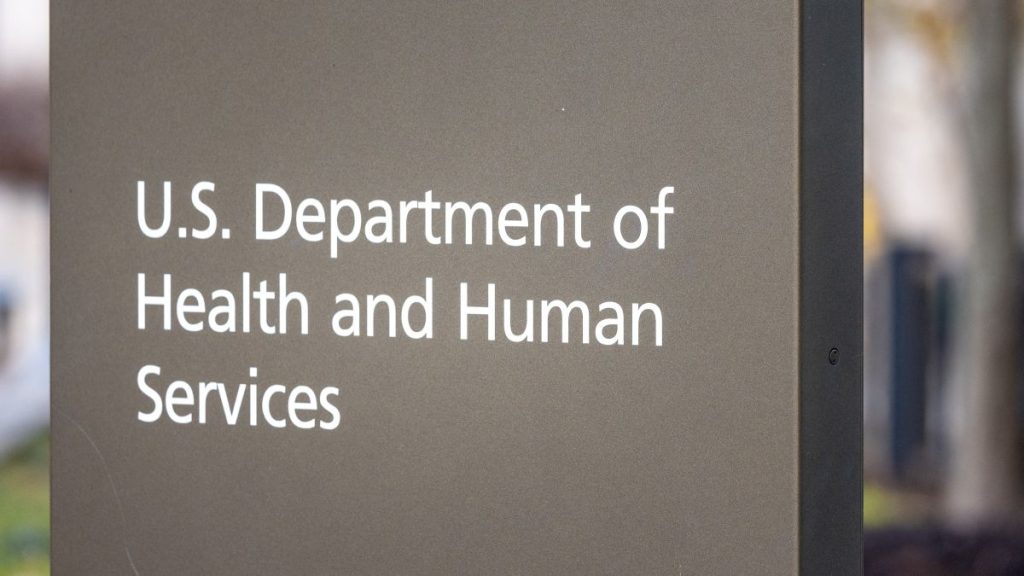This marks a major pivot away from a technology that played a critical role in the COVID-19 pandemic.
Others are reading now
The U.S. Department of Health and Human Services (HHS) announced it is “winding down” its mRNA vaccine development efforts. Instead, future investments through the Biomedical Advanced Research and Development Authority (BARDA) will focus on other vaccine platforms.
22 mRNA Projects Get the Axe

HHS Secretary Robert F. Kennedy Jr. confirmed BARDA will terminate 22 ongoing mRNA vaccine projects.
While some final-stage contracts will continue, no new mRNA-based initiatives will be funded. Kennedy suggested mRNA vaccines “fail to protect effectively” against upper respiratory infections like COVID-19 and flu—despite evidence showing strong protection against severe disease and death.
Shifting Focus to Alternative Platforms

The agency says future funding will go to vaccine types with “stronger safety records” and more transparent clinical and manufacturing data.
HHS points to whole-virus vaccines and other novel approaches as preferred options, moving away from what it views as pandemic-era emergency measures.
Also read
The Science Behind mRNA Technology

Messenger RNA (mRNA) delivers genetic instructions to cells, prompting them to produce a harmless piece of a virus’s spike protein.
The immune system learns to recognize and attack the real virus if encountered later. Its speed and adaptability made mRNA a game-changer during the COVID crisis.
A Record of Effectiveness and Safety

Multiple peer-reviewed studies have shown mRNA vaccines were both highly effective at preventing severe illness and remarkably safe.
Developed at unprecedented speed under Operation Warp Speed, they became a cornerstone of the global COVID-19 response and are being researched for other diseases, including flu and cancer.
Experts Warn of Biosecurity Risks

Critics say the funding cuts could leave the U.S. unprepared for future pandemics.
Also read
Dr. Peter Hotez, a leading vaccine scientist, warned the decision undermines innovation in biomedical research and leaves states to shoulder the burden of pandemic preparedness on their own.
Major Contracts Canceled

Among the biggest casualties: BARDA’s award to Moderna and the University of Texas Medical Branch for an H5N1 avian flu mRNA vaccine.
Projects at Emory University and Tiba Biotech, working on novel inhalable and nanoparticle-based mRNA platforms, are also being halted. Partnerships with the Department of Defense on nucleic acid vaccines will be scaled back.
Industry and Researchers React

While Moderna said it had no active BARDA collaborations beyond an already-canceled pandemic flu contract, other companies expressed disappointment or declined to comment. Some, like Gritstone, have already shuttered operations.
Pfizer, Sanofi, and AstraZeneca were also named among the impacted organizations.
Also read
Scientists Call It a Step Backward

Dr. Paul Offit of the Children’s Hospital of Philadelphia called the move a “policy decision that contradicts the scientific data.”
He argued that mRNA vaccines are both safe and effective, and warned that without continued research, the U.S. risks being “behind the eight ball” in the next pandemic.
Frontline Doctors Express Dismay

For infectious disease specialists like Dr. Jake Scott of Stanford Medicine, the announcement is deeply personal. He credits mRNA vaccines with transforming hospitals during COVID, saving countless lives. “It’s kind of heartbreaking,” he said, reflecting on the difference between pre-vaccine and post-vaccine patient outcomes.


